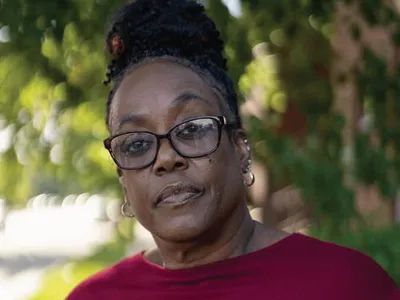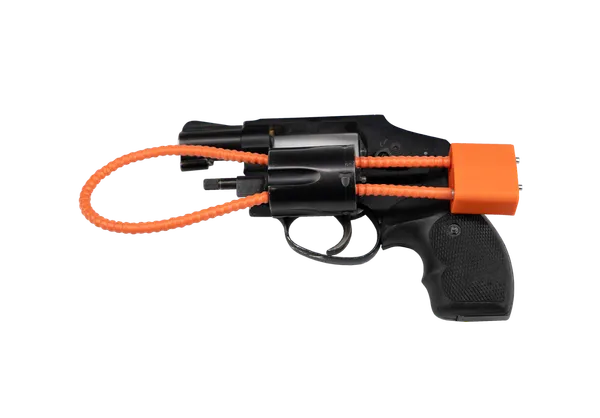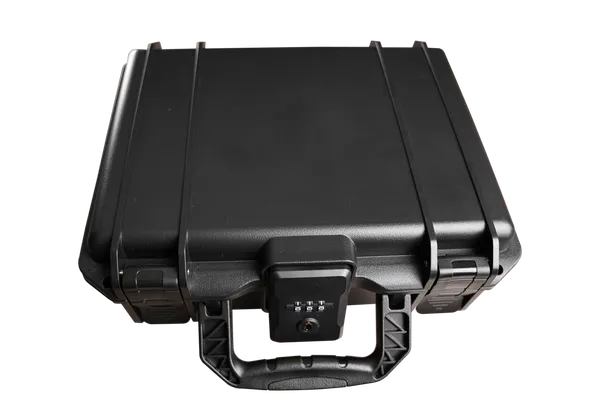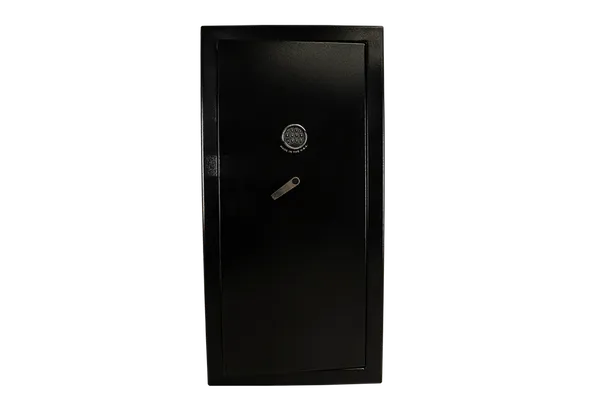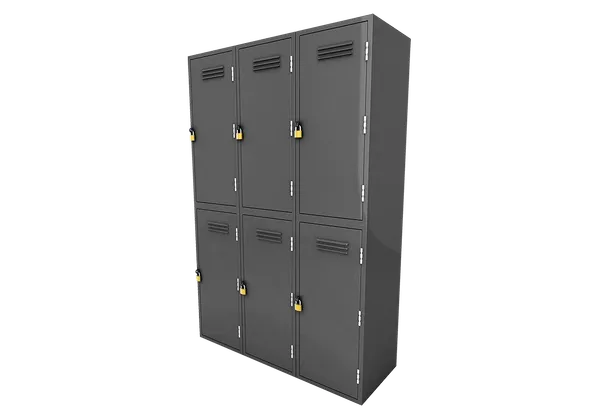Protect what matters most by securing your firearms
Family fire refers to a shooting that results from someone misusing an unsecured firearm from the home. Unintentional shootings, firearm suicide, and many intentional shootings are all forms of family fire.
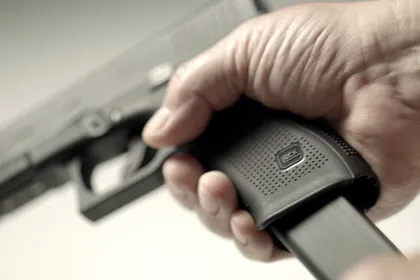
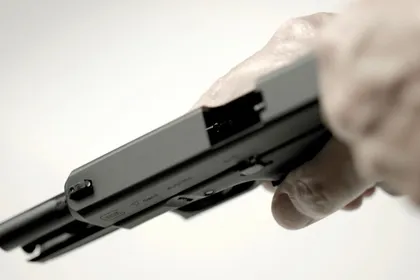
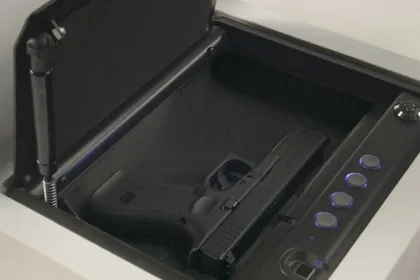
Safe Gun Storage Options
Locked
Locking your firearm is an effective way to prevent unauthorized access.
Whether it’s a cable lock, lockbox, or gun safe, secure storage can keep your gun from being misused.
Unloaded
Remove the magazine, clear the chamber, and double-check that no ammunition remains inside before storing a firearm.
An unloaded gun reduces the risk of unintentional injury.
AWAY FROM AMMO
Store ammunition in a separate, locked location away from the firearm. Keeping guns and ammo apart adds a critical layer of safety, especially in homes with children, teens, or individuals in crisis.
Hear from a Gun Owner
